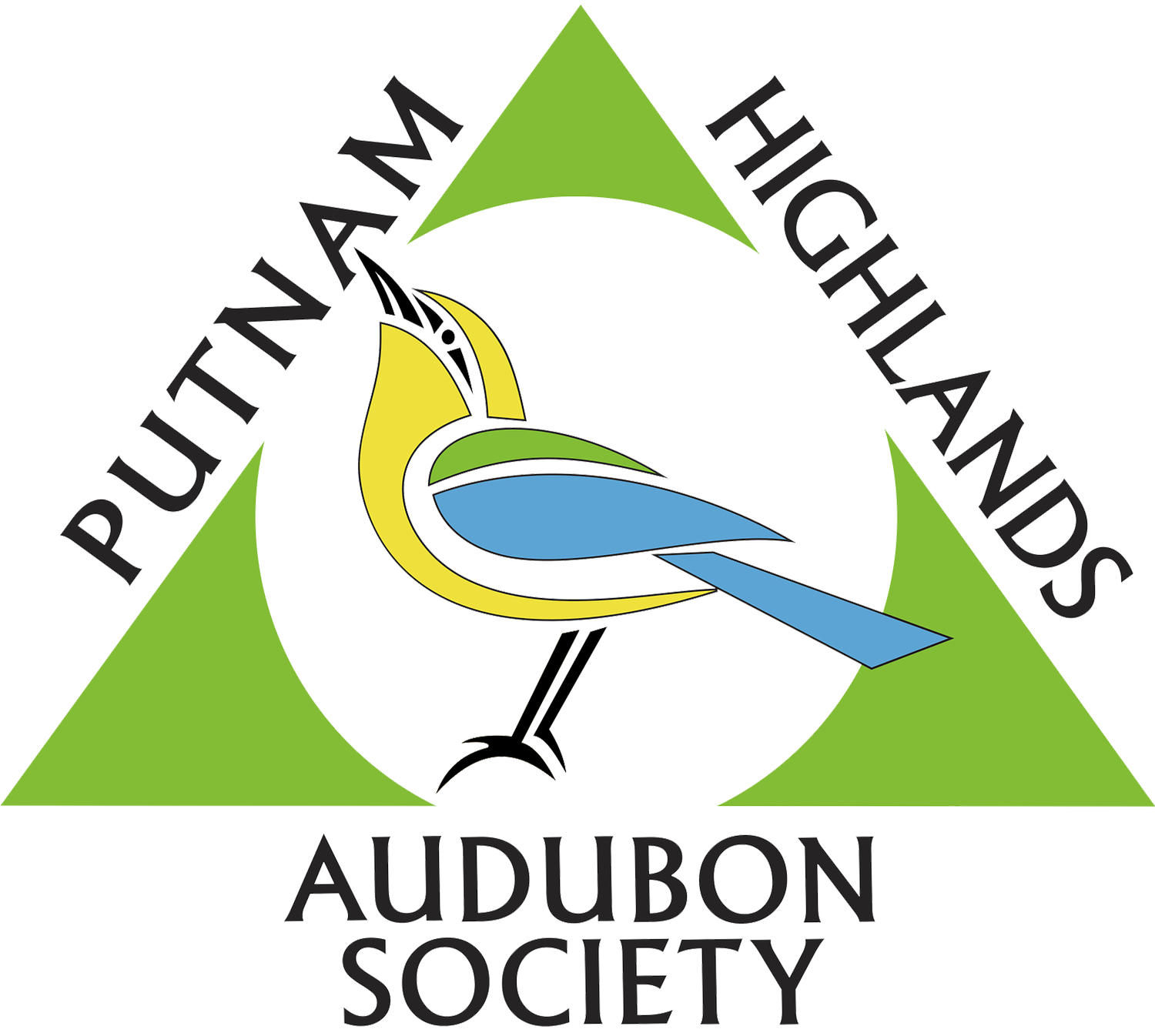Summer Birds, Gardens and Poetry
Article by Leslie Mott
Mary Oliver has a poem called “Why I Wake Early, that begins “Hello, sun in my face./
Hello, you who make the morning/and spread it over the fields/and into the faces of the tulips
and the nodding morning glories,/and into the windows of, even, the/miserable and crotchety– . . . .”
It’s a busy time of year for birds, and we who are perhaps at home and crotchety can claim this time for watching in the early morning hours. Birds are rearing their young, and parents will be busy flying about catching insects and foraging in the grass. The fledglings will be closely following their parents , endlessly cheeping and fluttering their wings asking for food. Birds will also still be courting, claiming territory, socializing, scrapping, bathing, preening, and in general, doing their stay at home routines.
I had a load of dirt delivered in my driveway, and before I even had a chance to begin loading it into a wheelbarrow, the sparrows had found it were joyously flapping their wings and all but rolling in the dust around the edges.
With the heat of summer, prime gardening time for me has become between 6 and 8 am, which is the best time to hear the dawn chorus. (Although I have a Carolina Wren that thinks 5 am is the perfect to begin yodeling his “Teakettle, teakettle, teakettle, tea,” and a Mockingbird who sings all night from the roof.) With the foliage at peak, birds are well hidden in the trees, but you can still know who’s in the neighborhood by songs, calls, and behavior, even if you can’t get a good look.
I highly recommend a CD set called “Birding By Ear,” a Peterson Field Guide, Eastern/Central with Richard Walton narrating, leading the listener through the vocabulary and characteristics of each bird’s song, call notes, and patterns of singing. It’s charming, even for the experienced birder, with narrative such as this: “the Red-Eyed Vireo is well known as an endurance singer, who goes on and on, even in the warmest weather, when most self- respecting birds are taking a siesta.” Also helpful are the mnemonics, the “words” to the songs to help you remember. For example, the Rufous Sided Towhee’s “Drink your tea-e-e-e—ea!” or the call of the Great Horned Owl “Who’s awake? Me too!”
Mary Oliver’s poem goes on: “best preacher that ever was,/dear star, that just happens/to be where you are in the universe/to keep us from ever-darkness,/to ease us with warm touching,/to hold us in the great hands of light–/good morning, good morning, good morning. . . .”
Waking early, to garden, or simply to sit outside with your coffee to watch and listen, is, as Oliver’s poem attests, is a way to ease in to the day, to be and to observe, to find a peace, perhaps, that is hard to come by these days.
At my house, the birdfeeder hangs over a corner of the garden, so the scattering of seed means a variety of accidental plantings along with the Daisies and Black Eyed Susans, namely Sunflowers. The goldfinches can hardly wait, perching on the unopened blossoms already. And the milkweed has come in, an important native pollinator (especially for Monarch butterflies) which is fragrant and beautiful.
This time in the morning has given me a chance to watch a pair of Carolina Wrens build a nest of moss and dry leaves under the cap of my propane tank, and see the hummingbird find a favorite resting spot in the jade plant on the porch.
Mary Oliver ends her poem with “Watch, now, how I start the day/in happiness, in kindness.”
I hope you can find a little space, a little kindness, enjoying all the denizens that share your morning routine. The dawn chorus awaits; happy birding!
Leslie Mott of Beacon NY is a member of the Putnam Highlands Audubon Society Board of Directors. She is a writer, pastor, yoga teacher and spiritual director.


